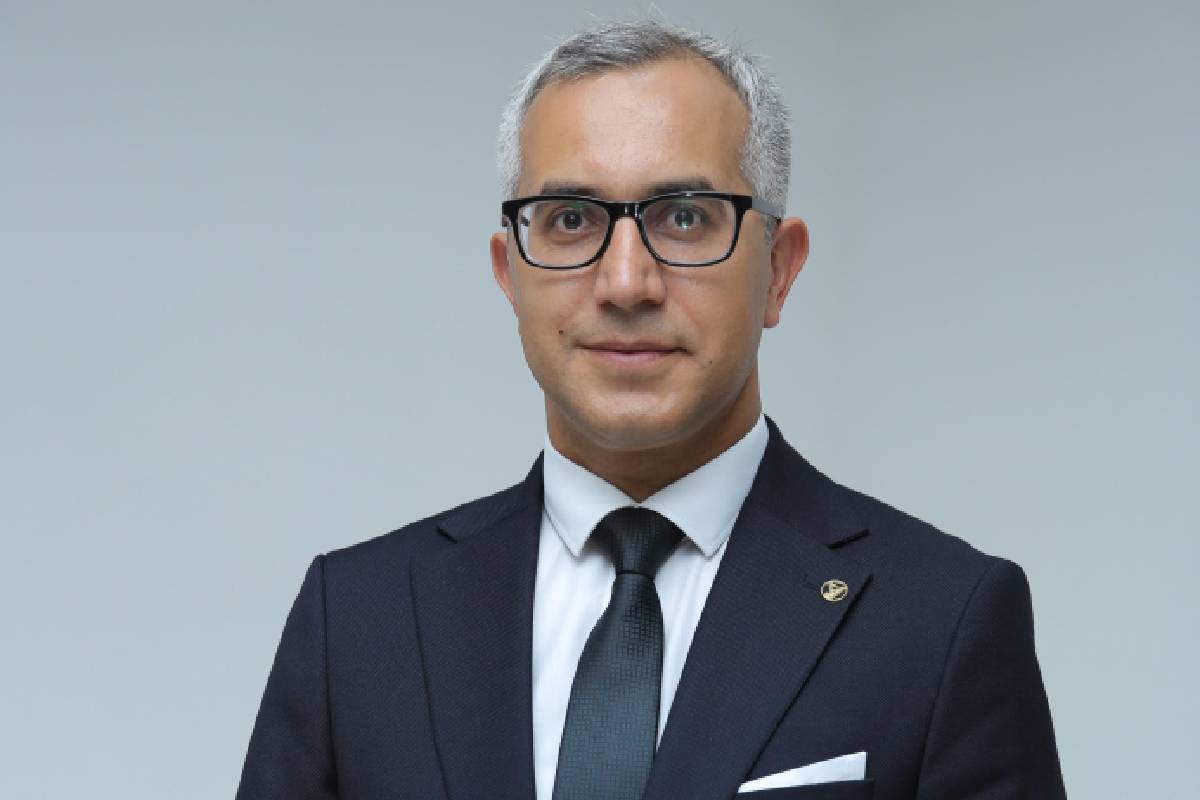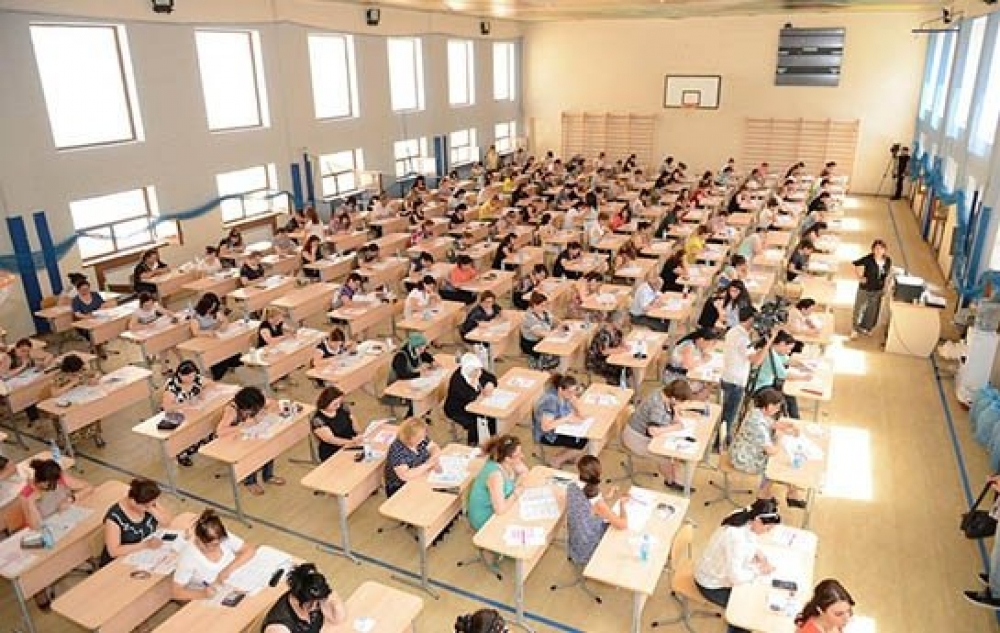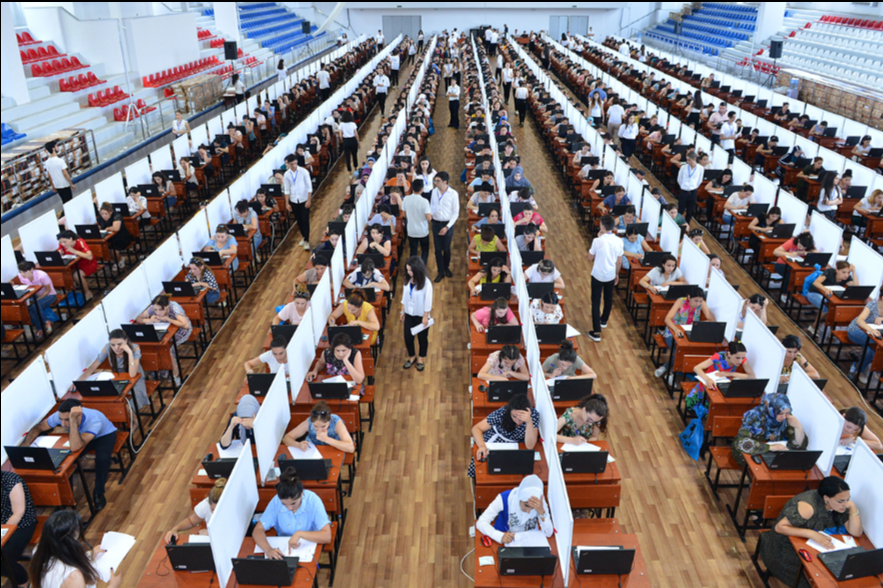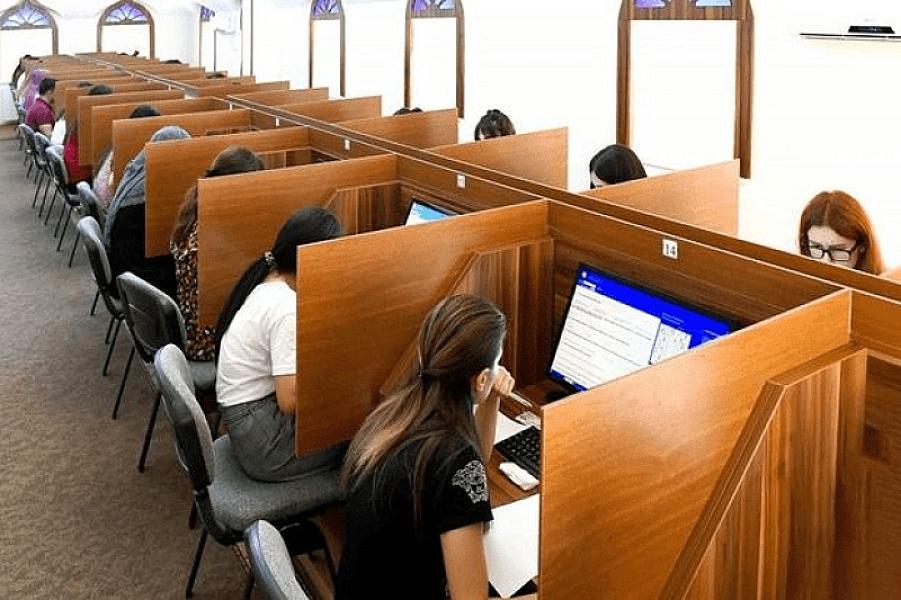In Azerbaijan, it is planned that teacher recruitment exams (MIQ exams) will be paid for certain categories.
The Minister of Science and Education Emin Amrullayev and the Head of the Social Legislation Department of the National Assembly Adil Valiyev have given separate statements about this.
The minister said: “60 thousand people apply to participate in the MIQ exams, but 48 thousand come to the exam, which is an additional cost for us. The absence of 12 thousand people means that the technical resource allocated to them is not used.”
The head of the National Assembly’s department also emphasized that every year approximately 10-12 thousand people register for the MIQ exam but do not come to the exam, which causes unnecessary expenses.
Emin Amrullayev stated that those participating in the MIQ exam for the first time, members of families of martyrs, and other persons belonging to concessional categories will take the exam free of charge. He also emphasized that the participation fee in the MIQ exam will not be very high, saying that the goal here is not to collect money but to create responsibility.
According to Adil Valiyev, the relevant executive authority will set an accessible price: “To participate in the competition, approximately 45-60 manat will be paid.”
Medianews.az site has addressed this matter to education expert Kamran Asadov.

K. Asadov said that discussions about making teacher recruitment exams paid in Azerbaijan are among the most relevant issues on the education agenda, and this step requires serious analysis regarding financial, social, and pedagogical impacts. According to him, the analysis shows that this decision may affect not only the technical organization of the exam but also the formation of future interest in the teaching profession, the quality of education, and human capital development.
The expert noted that Article 30.1 of the "Law on General Education" states the primary duty of the state as ensuring pedagogical staff training and their recruitment: “This principle shows that the state assigns strategic importance to the teaching profession. Now, with the amendment to the law applying a fee to the MIQ exam, the main question remains how the balance between the state's obligations and new financial approaches will be maintained.
Statistical indicators clarify the scale of this decision. In 2024, over 65 thousand candidates participated in the MIQ exam, and approximately 13 thousand of them were hired. If the fee is set between 45-60 manat, this would mean a total additional income of 3-4 million manat. This amount could be directed towards strengthening the technical basis of the exams, renewing the test bank, and digitization efforts. Currently, the state spends about 2 million manat annually to organize MIQ exams. In such a case, a paid system could share a significant part of this burden and strengthen the sustainable financial provision of the exams. This is the organizationally beneficial side of the initiative by the Ministry of Science and Education and creates a real basis for progress.”

According to K. Asadov, the positive aspect of the issue is that the payment mechanism may strengthen the sense of responsibility among candidates: “By paying even a symbolic fee for the exam, the candidate would prepare more seriously for the exam, and the quality of results could improve. At the same time, the collected financial resources would reduce the state's additional burden and be spent on organizing higher-quality exams. This aligns with the principle of efficient use of funds stipulated in the 'Budget System Law.' The ministry’s approach will support the expansion of transparent financial management and the technical modernization of the exam system.
However, the negative aspects are mostly related to social justice issues. Article 5 of the 'Law on Education' states that everyone has equal educational opportunities. If a payment of 45-60 manat is applied, this could be an additional burden especially for young people from low-income families living in regions. According to statistics, approximately 40% of those participating in the MIQ exam come from regions, and a large part of them belong to socially vulnerable groups. This amount may seem symbolic for candidates living in the city, but for a young person living in a village, it could add to the costs of preparing for the exam. As a result, a decrease in the number of candidates may be observed, which could further deepen the shortage of teachers. Currently, some village schools in the country especially face staff shortages in subjects such as mathematics, physics, and informatics. If the number of participants decreases by 10-15%, this could lead to vacant positions remaining unfilled.”

K. Asadov emphasized that compared to global experience, the free model is more widespread: “In Finland, Estonia, and Germany, teacher recruitment is conducted completely through state-funded competitions and candidates do not pay any fee. In Turkey, the KPSS exam is applied for teacher recruitment, where only a symbolic fee of about 15-20 dollars is paid, and low-income groups are provided with concessions. In the USA, in some states, the teaching license exam is paid, but in areas with teacher shortages, the state compensates this fee. Azerbaijan should consider this experience and either set the payment lower or apply exemption mechanisms for social groups.
For comparison, it should be noted that in neighboring Georgia, the teacher recruitment exam is free of charge, and in Armenia, the conduct of these exams is funded by the state budget. By applying a payment mechanism, Azerbaijan will choose a different model in the region. If this model is accompanied by concessions that preserve social equality, it can produce positive results; otherwise, negative effects are inevitable.”
The expert stressed that ultimately charging for MIQ exams is financially beneficial and can create opportunities for progress and better organization: “It is clear that the Ministry of Science and Education’s aim is to increase the transparency of the exams and share the financial burden, and the steps taken in this direction are commendable. However, the interests of socially vulnerable groups must be protected so that interest in the teaching profession continues without decline. The most optimal approach may be to set a more symbolic fee and apply concessions for low-income candidates. If these mechanisms work, the paid MIQ exam will be beneficial, contribute to improving the quality of education, the more efficient use of financial resources, and significantly contribute to the development of human capital in the future.”
Nailə Qasımova,
Medianews.az

